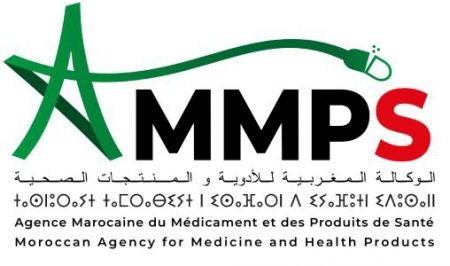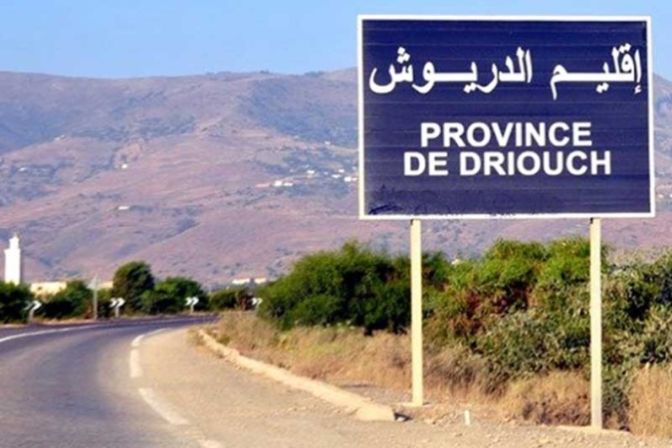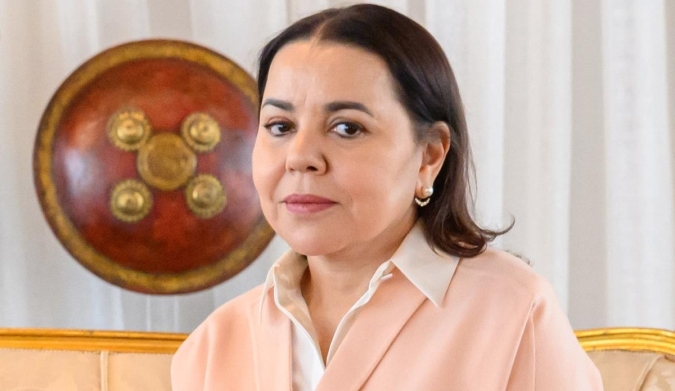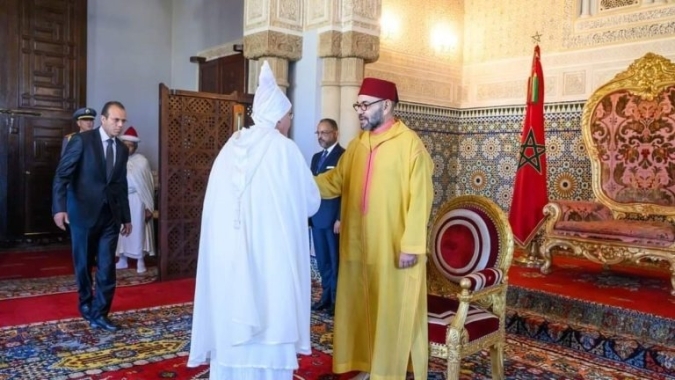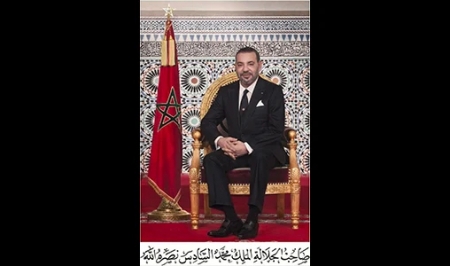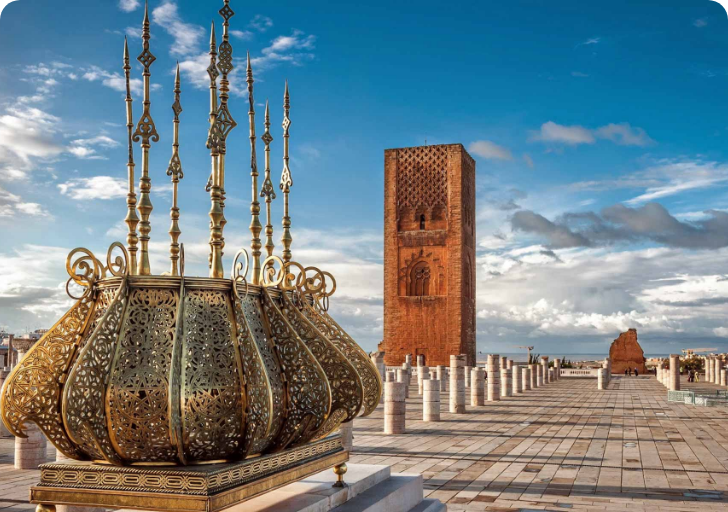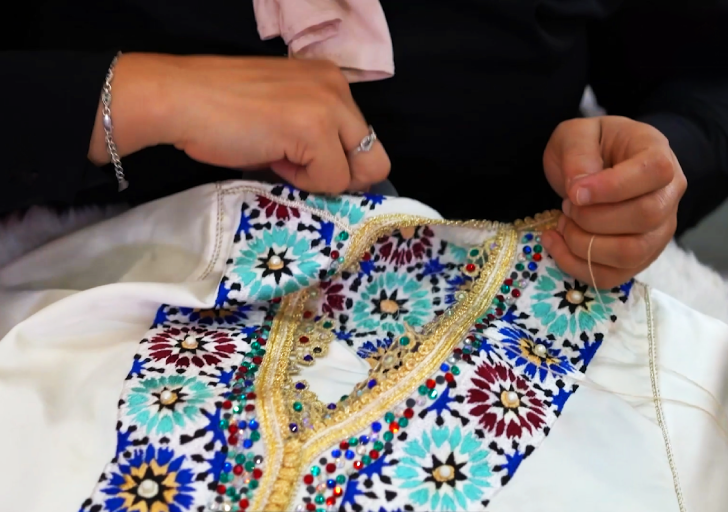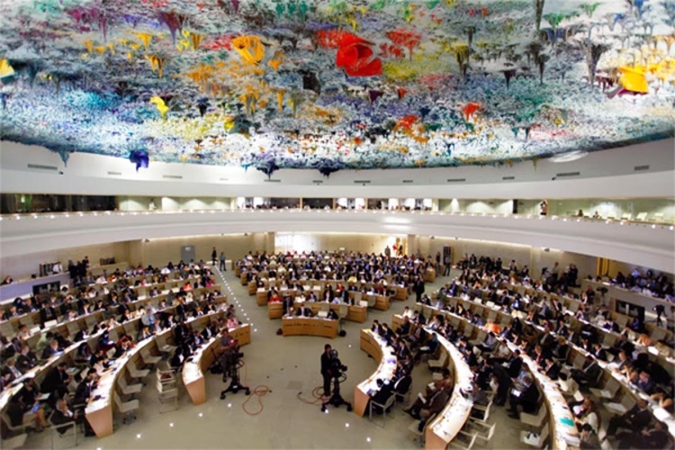
Morocco’s Ambassador and Permanent Representative to the United Nations Office in Geneva, Omar Zniber, called on Friday for placing human rights at the heart of all anti-corruption initiatives.
"A human rights-based approach remains the cornerstone of any effective anti-corruption strategy," Zniber stated at the opening of a high-level side event on "Human Rights and Anti-Corruption in Practice," held on the sidelines of the 59th session of the UN Human Rights Council (HRC) in Geneva.
"From Morocco’s perspective, prevention must lie at the center of all efforts to eliminate this scourge from our societies," he noted at the event held by the core group behind the resolution on "The Negative Impact of Corruption on the Enjoyment of Human Rights."
The diplomat underlined that the Marrakech Declaration, adopted in 2011, remains a "key roadmap" for states aiming to align anti-corruption efforts with human rights objectives. He further urged stronger synergy between the HRC’s work and the monitoring of the declaration’s implementation.
He also highlighted Morocco’s "significant progress" in the fight against corruption as part of its national effort to promote and protect human rights.
He cited Morocco’s 2011 Constitution, which introduced laws penalizing conflicts of interest, insider trading, and financial crimes, alongside the establishment of the National Authority for Integrity, Prevention, and Anti-Corruption.
Reflecting on the impact of corruption, the diplomat warned that it "undermines social cohesion, erodes trust in public institutions, exacerbates inequality, and fosters conditions for the most serious human rights violations."
"Effective policies to prevent and combat corruption are essential to achieving the Sustainable Development Goals by 2030," he said, adding that "States carry the primary responsibility to prevent and remedy human rights violations arising from corruption."
This fundamental obligation was highlighted by the founding report of the Human Rights Council Advisory Committee in 2015, whose recommendations have since been incorporated into the Council's biannual resolution presented by Morocco on behalf of the core group, which also includes Argentina, Austria, Brazil, Ethiopia, Indonesia, Poland, the United Kingdom, and Ecuador, the diplomat recalled.
This year’s resolution builds on progress made since 2015, aiming to clarify states' procedural and substantive obligations in upholding human rights within anti-corruption frameworks.
The side event was co-organized by the resolution’s sponsors, the Office of the High Commissioner for Human Rights, Transparency International, and the UNCAC Coalition. It sought to foster stronger links between the implementation of the UN Convention against Corruption and international human rights mechanisms, offering practical tools and sharing experiences to help bridge the gap between anti-corruption efforts and human rights protection.
MAP: 19 June 2025
